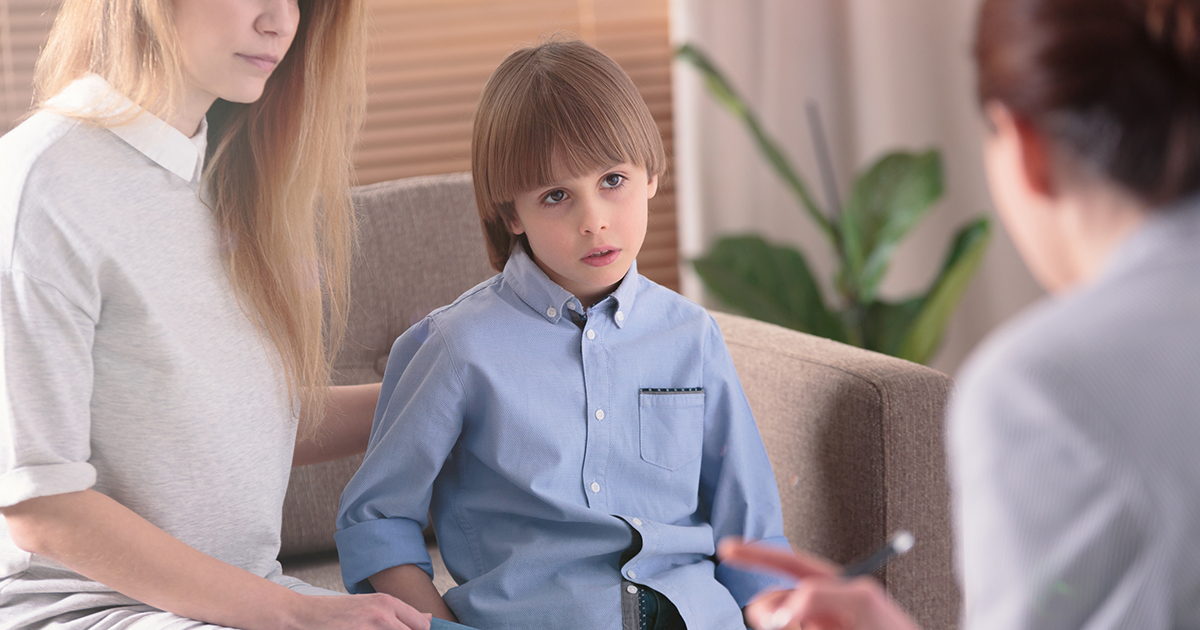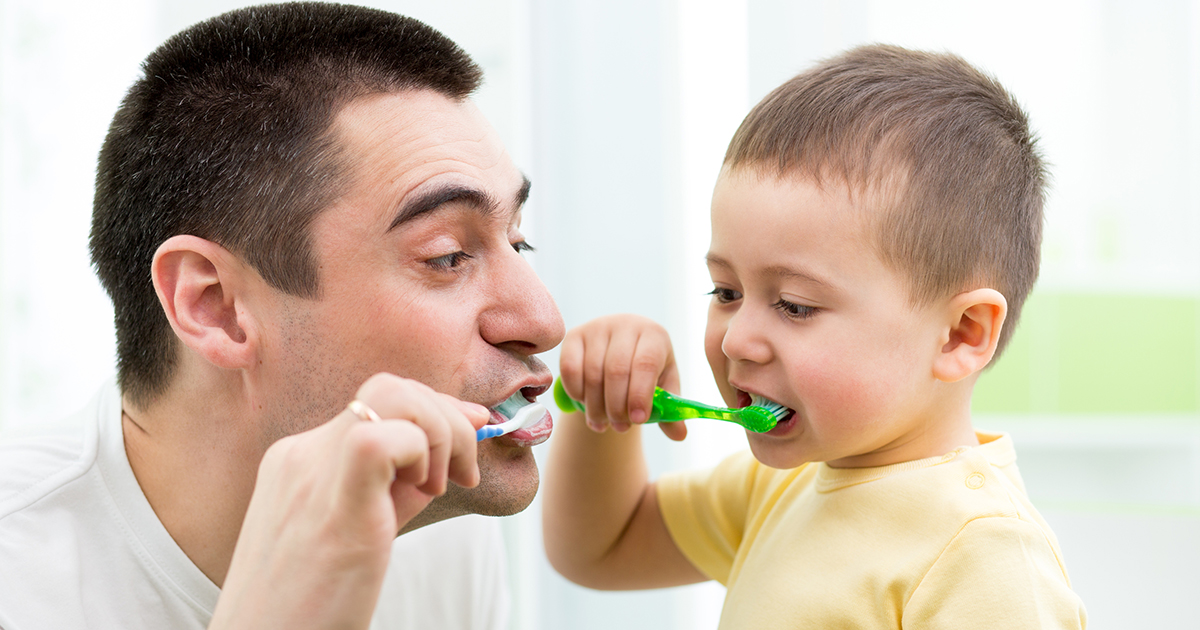Living With Conduct Disorder
Treating Other Mental Illnesses

Children diagnosed with conduct disorder often have a variety of other symptoms; they may be irritable, tend to throw more frequent tantrums, and have low self-esteem. It is also often accompanied by other conditions, and treating these other mental illnesses is key to helping a child with conduct disorder. Other behavioral and emotional disorders of childhood that tend to co-occur with conduct disorder include mood disorders, such as depression, and attention deficit hyperactivity disorder. Substance abuse is another frequent problem for those with this disorder. All problems must be treated together in an integrated, holistic fashion.
Keep reading for more advice on living with conduct disorder.
Establishing Routine

Because part of conduct disorder's roots can lie in a child's improper thought processes, a clear and regular established routine is vital for a successful and peaceful life with a child who has conduct disorder. Routines that are clear, regular, and can make sense to a child help deal with negative thought trains that lead to a stop at disobedience and disruptive behavior. Routines do not solely refer to set times of day for particular activities. Positive disciplinary routines are also part of established routines to aid in living with conduct disorder. This assists in the development of emotional control and anger management. Clearly, this shows establishing routine is vital to life with conduct disorder.
Continue reading to learn more about living with and treating conduct disorder.
